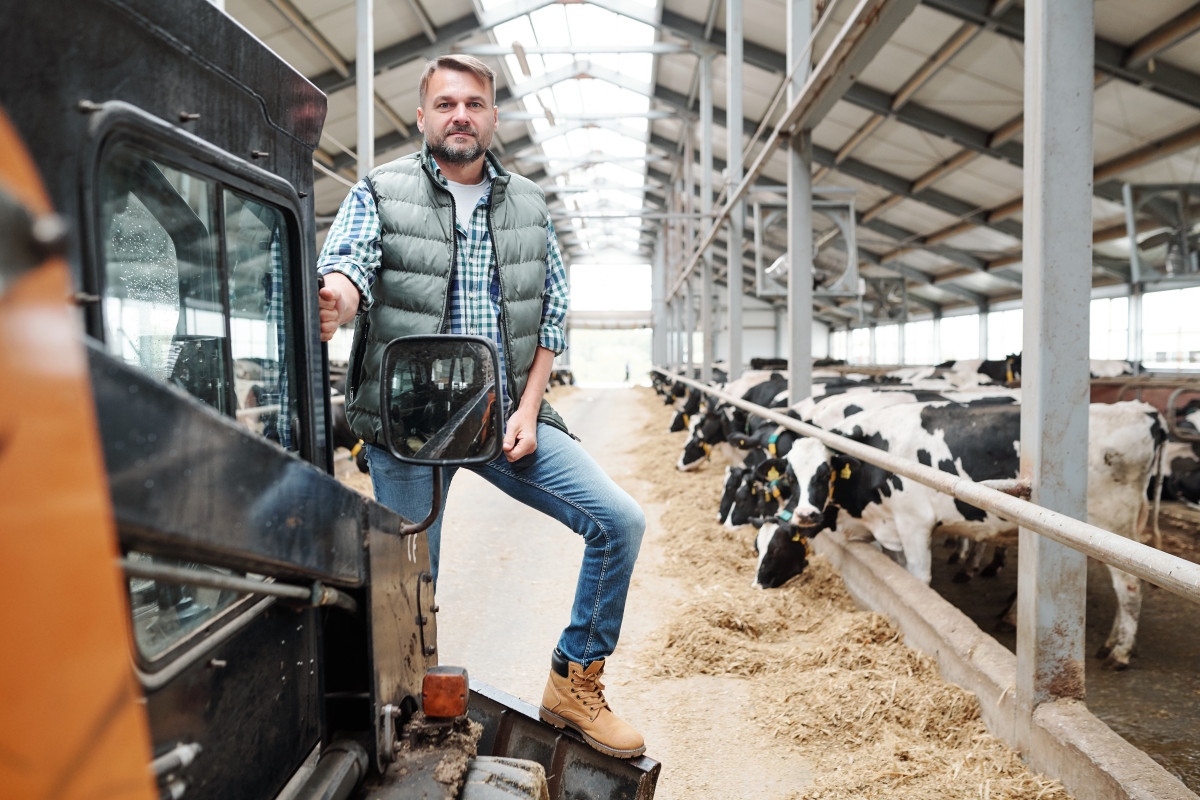
As global population continues to increase and the demand for animal-derived products rises, it has become necessary to reevaluate the manner in which we address animal nutrition. To ensure that the agri-food industry operates in an environmentally responsible way, there is a need to embrace sustainable development in animal nutrition practices.
Animal Feed and Its Impact on the Environment
Understanding how animal feed contributes to environmental issues such as ecological degradation and greenhouse gas emissions is crucial. Many of the current farming systems utilise large quantities of resources and produce equally large amounts of waste. The use of artificial chemicals in animal feed can have pervasive effects on soil, water, and biodiversity. Furthermore, the production of certain crops used in animal feed, like soya beans, often comes at the cost of deforestation, leading to further loss of natural habitats.
To mitigate these negative impacts, it’s pivotal to incorporate eco-friendly solutions into animal nutrition. Integrating sustainable methods in fodder production will consequently contribute to a healthier ecosystem while also guaranteeing food security without depleting finite resources.
Innovative Sustainable Practices in Feed Production
One adaptive approach practitioners have employed to enhance sustainability in animal nutrition includes diversifying feed ingredients. By broadening the array of raw materials used in feed production, we not only minimise pressure on any particular resource but also recycle by-products from other industries that may otherwise go to waste, such as distillers’ grains.
Another aspect involves prioritising Alfra technology to bolster accuracy during feed mixing processes. Introducing a precise weigh system ensures that livestock are provided with the essential nutrients they need in the appropriate proportions. This not only optimises productivity but also helps reduce environmental impact, as overfeeding can lead to increased metabolic waste and higher amounts of nutrients released into waterways through manure.
The Intersection Between Animal Nutrition and Resource Preservation
Fostering sustainability in animal nutrition plays a significant role in preserving natural resources such as water, energy, and arable land. Adopting practices that minimise waste and decrease demand for non-renewable resources is vital to ensuring our agri-food industry is sustainable long-term. The concept of a circular economy revolves around creating closed-loop systems wherein materials and resources are continually recycled rather than being disposed of after a single use. Applying these principles to animal nutrition entails making better use of agricultural by-products as feed ingredients and reducing reliance on imported raw materials with high ecological footprints.
Water scarcity is becoming an increasingly pressing issue worldwide, prompting the need for prudent freshwater management and conservation techniques. Promoting sustainable animal nutrition within the agri-food sector involves finding ways to curtail water usage without disrupting production efficiency. Employing innovative technologies such as precision irrigation systems for fodder crops can contribute significantly to water conservation efforts.
Animal Nutrition and Public Health
Sustainable animal nutrition practices don’t only offer environmental benefits, they also greatly impact public health. One of the primary ways in which sustainable feed management practices can improve human well-being revolves around antibiotic resistance, a pressing global health concern linked to the use of antibiotics in livestock feed. Regulating hazardous substances in feed materials is another way sustainable development in animal nutrition compares favourably on human health. Animal products sourced from livestock fed with tainted fodder can pose significant risks to consumer well-being. Implementing rigorous standards for feed quality assurance will help mitigate potential hazards while making certain our agri-food industry remains ethical and environmentally accountable.
Leave a Reply